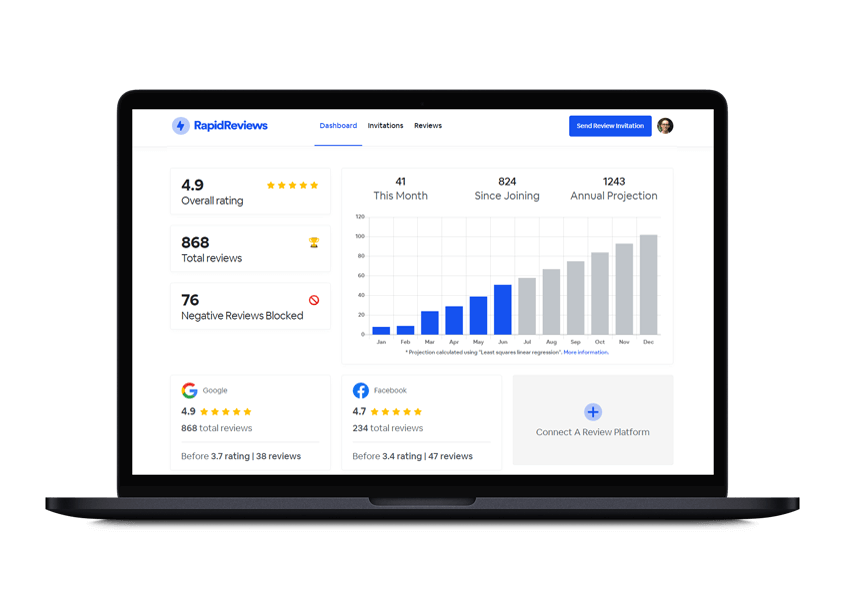These days when Google is
introducing various changes in search engine algorithm frequently, most of the
small business owners have a common question, whether they should invest in SEO
practice or they should invest in Google’s PPC campaign. I am surprised that
lots of business owners see it as an either/or situation.
In my opinion, incorporating both
PPC and SEO in your search engine cost-effective marketing strategy would be a wise decision in the
long run. Both paid and organic search channels should be in synergy for
maximizing your online presence. However, the small business that operates with
limited resources and budgets often tends to narrow their budget and focus to
either PPC or SEO, because they can’t afford to run both. According to the merchant
confidence survey conducted among 2500 small business owners by MerchantCircle/Reply.com, SEO is the preferred marketing channel for small
businesses. The question of the survey was “if you have to choose one marketing
channel for your business, what would be it?”
You can see the result below:
It is clearly visible that around
33% of the business owners chose SEO, and around 10% of business owners opted for
PPC. Collectively, PPC and SEO has outranked other marketing channels with more
than 40% votes.
What Is The Best Strategy For Startups, SEO, Or PPC?
Since, both PPC and SEO have
their own importance and benefits, business owners should think
strategically before they invest their time and money in any single marketing
channel. For example, most marketers are quick to choose the PPC way,
because of the quick results it provides. On the other hand, SEO takes some time
and lots of effort to show the results, the time, and the effort depending on the
keywords you are targeting.
According to the benefits, a
startup should initially go for the PPC campaign in order to experience quick
growth. But you should know that only 30% of the searchers click on the paid
search ads while the rest 70% go for the organic results. So you need to
strategically and carefully plan your online marketing strategy. Below are few
things that you should consider when you develop an effective SEM strategy for
your business.
· Website:
For any search engine marketing campaign the objective is to drive quality
traffic to your business website, which converts into leads and customers. So
your website should be the core of your strategic planning. You should evaluate
your website closely and think if your website is suitable for SEO and get more reviews. If you want
to focus on SEO, your website should be rich in text content with targeted
keywords. You can also add a blog to your website to make it a text content-rich website. You should also consider how often you update your website because search engine rewards the sites that are updated regularly over the
static websites. On the other hand, for a website with limited content PPC is
the best option.
· Campaign
Objective: Now it comes to the objective of your campaign if you are
considering the long-term effect; SEO should be your best choice. Although it
will take lots of time and effort, results will last for longer. On the
other hand, PPC is best suited for short-term goals, you will able to get on
page one in even a few hours, a well-optimized campaign will have a higher impact
on your sales very quickly.
· Keyword
Coverage: For any business, one needs decent keyword coverage to achieve
your SEM goals. With SEO you will be able to optimize your website for few
keywords, For more keywords, you will have to give more effort and time. On the
other hand, with a PPC campaign, you can buy 1000s of keywords and increase your
keyword coverage quickly. So the best practice would be to use a mix of SEO and
PPC to maximize your ROI and traffic online.
· Keyword
Competitiveness: If you are targeting a highly competitive keyword with SEO,
it will be very tough for a new website to outrank its competitors that are
already ranking for that keywords. On the other hand with PPC you just have to
bid higher to get a higher ranking. With well-targeted and relevant ads, and good
website experience you can even pay less CPC than other companies. So pick your
fight wisely.
Overall, I will say that your goal
should to use the right combination of PPC and SEO and maximize your profit
and ROI. Startups should invest strategically in their search engine marketing
to lower the investment and improve the ROI. Whatever strategy you follow make
sure that you have considered all these aspects carefully.
